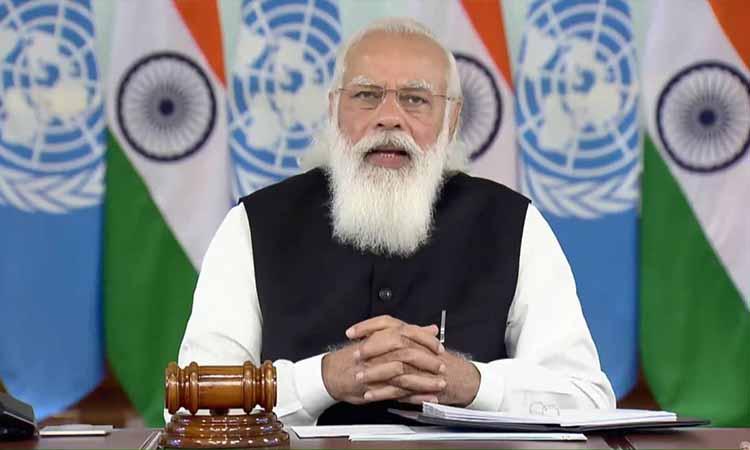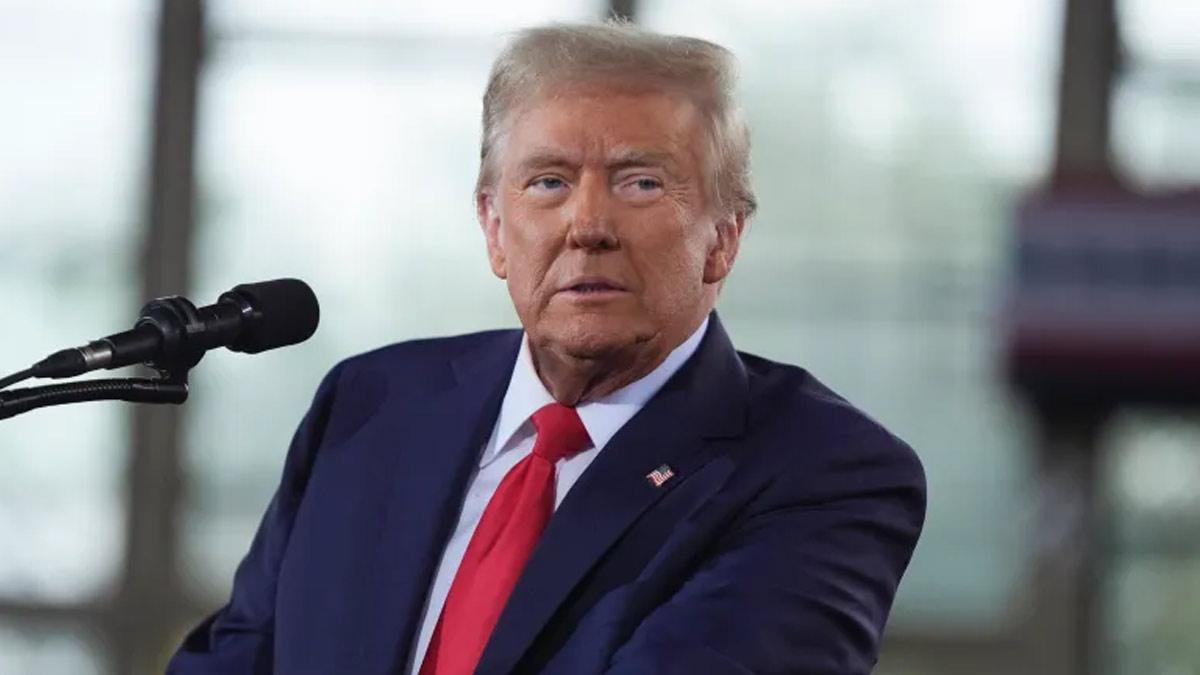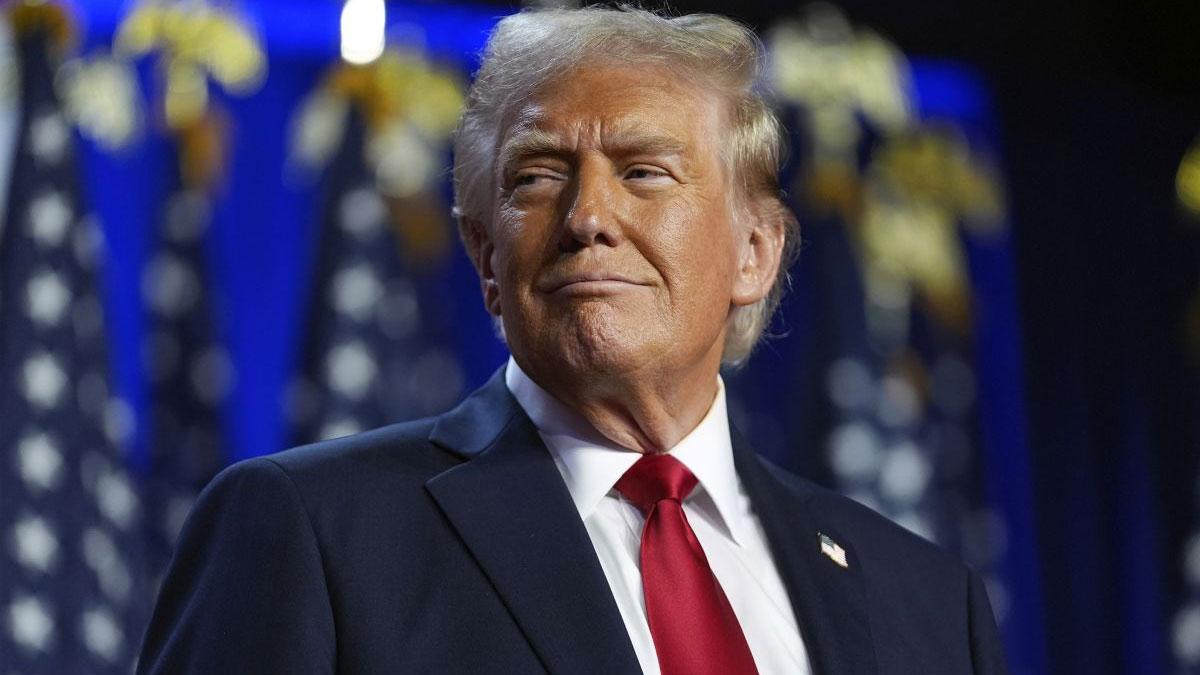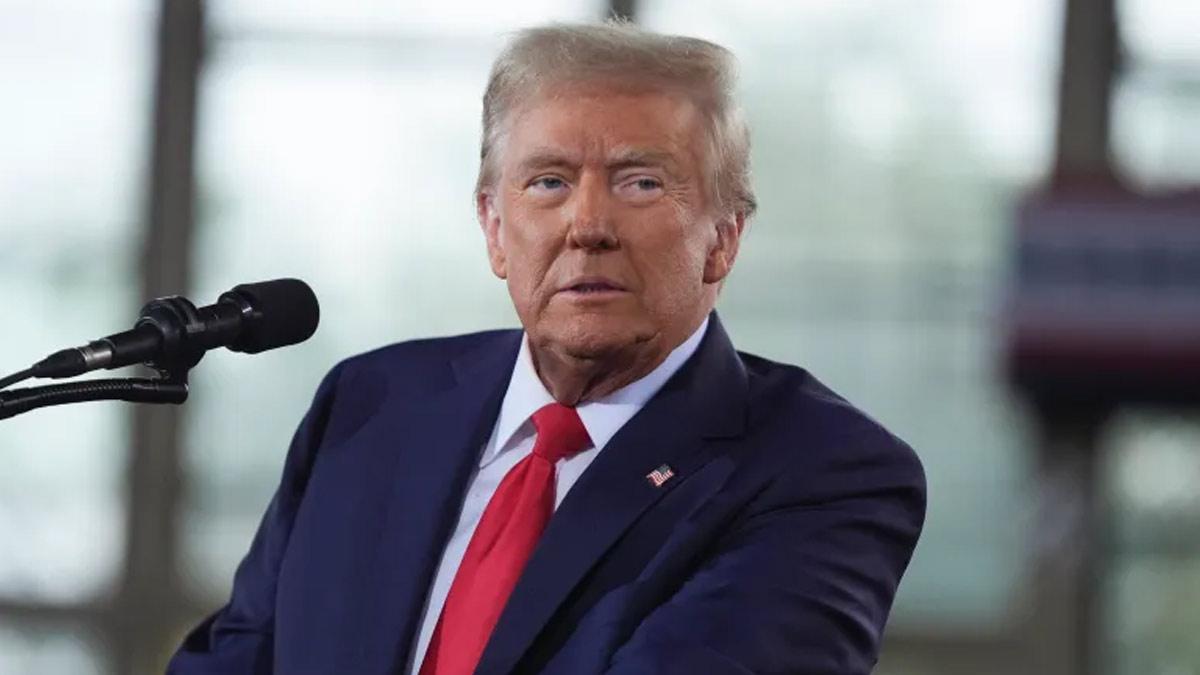In a snub to China, the United Nations Security Council (UNSC) meet on maritime security, chaired by PM Modi, on Monday underlined the supremacy of the United Nations Convention on the Law of the Sea (UNCLOS). Interestingly, the Permanent Court of Arbitration (PCA) under UNCLOS had ruled in 2016 that China’s activities in the South China Sea are illegal.
The conference, held under the agenda item "Maintenance of International Peace and Security," was attended by two presidents (Russia and Kenya), two prime ministers (India and Vietnam), and ten ministers, seven of them were foreign ministers. It was one of the greatest levels of participation in the UN Security Council in recent memory.
US Secretary of State Antony Blinken represented his nation, underlining the gravity of the subject and the developing convergences with India.
Also Read | Key Taliban commander among 40 dead in Afghanistan
Blinken stated that despite the fact that nations have committed to abide by and uphold a clear body of international law, and despite the indispensable role the maritime order has played in fostering economic activity, security cooperation, scientific innovation, and environmental sustainability.
China, on the other hand, expressed its unhappiness by sending Deputy Permanent Representative Dai Bing to the conference. According to the Chinese ambassador, as quoted by Times of India, Beijing is "committed and capable of maintaining peace and stability in the South China Sea."
Despite PCA's ruling of 2016, China's actions in the South China Sea has persisted unabated, leading to rising tensions. However, under intense international pressure, China agreed to emphasise the supremacy of the UN Convention on the Law of the Sea on Monday.
In his speech, Modi emphasised India's track record of adhering to PCA decisions and resolving maritime boundary disputes with Bangladesh through international arbitration. The meeting had its heated moments, with a Chinese representative lashing out at Japan for dumping Fukushima-contaminated water into the Pacific.
Also Read | US may see deadly variant than Delta as cases spike: Fauci
Speaking at the event, Modi urged participants to work together to develop a framework for dealing with marine challenges. Officials who negotiated the final agreement stated that India used a consensus-building strategy by talking with all UN Security Council members to find the most acceptable language.
All delegates applauded the Prime Minister's five-point principles, which called on the UN Security Council to create a plan for international maritime security.


















